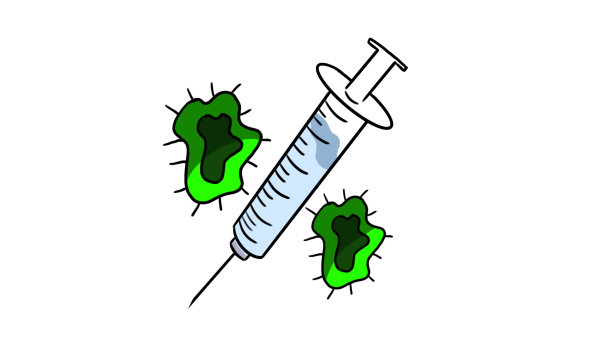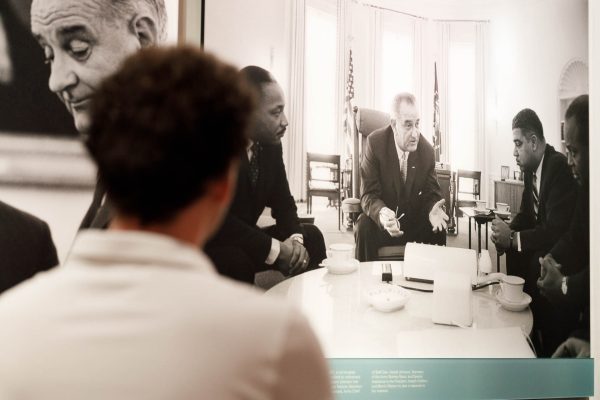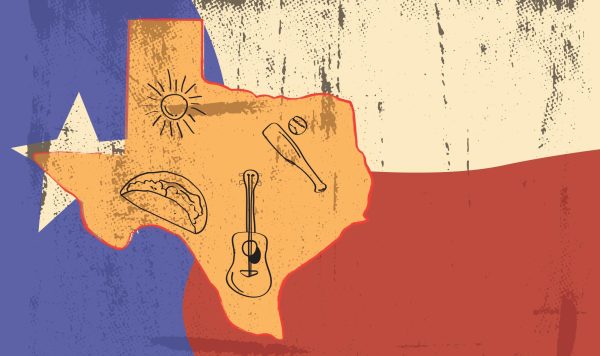Governors races to test GOP
This week, voters in Virginia and New Jersey go to the polls to choose their next governor. Politicos from both sides are watching these races carefully as a case study of the nation’s larger electoral mood. These elections will serve as the first referendum on Obama and Democrats after voters rejected the GOP.
In New Jersey, voters will decide between Democratic incumbent Gov. John Corzine, Republican challenger Chris Christie and independent Chris Daggett.
New Jersey has traditionally been a reliable Democratic stronghold: Kerry carried this state with 53 percent in 2004 and Obama with 57 percent in 2008.
However, recent polls indicate that Corzine is weak against challengers Christie and Daggett. When Corzine, Christie and Daggett are polled, Corzine captures a plurality of the votes. When Daggett is removed, Corzine is dead even with Christie.
Most analysts agree Daggett’s supporters will likely opt for Christie over Corzine since Daggett has little chance of victory. For Christie to overcome electoral history and match an incumbent in the polls spells doom for Corzine.
Pundits agree that if Corzine loses the election, trouble looms for Democrats nationwide.
Obama made several campaign stops supporting Corzine; additionally, Obama officials recently took over Corzine’s re-election bid. If Corzine manages a close victory, it still indicates a weakness for Democrats because New Jersey’s electoral environment should spell an easy win for them.
Virgina’s gubernatorial race is unique because neither candidate is an incumbent, giving neither side a natural advantage. Voters will decide between two starkly contrasted views on issues and personalities.
Democratic nominee Creigh Deeds is trailing by double-digits to Republican nominee Bob McDonnell. Virginia has traditionally been a Republican-leaning state: In 2000, George Bush defeated Al Gore by 8 percent and carried the state against Kerry in 2004 by 9 percent, although Obama bucked the trend in 2008, gaining 53 percent of Virginia’s vote.
Additionally, Democrats successfully captured the governorship in 2002 and 2006, control of the state Senate in 2006, and elected U.S. Senators Jim Webb, D-Va., and Mark Warner, D-Va., in 2006 and 2008, respectfully.
Democrats’ recent gains in Virginia could be jeopardized by Deeds’ proposal to expand government. McDonnell’s emphasis on lower taxes, returning control of education to localities and reducing the size of government is a direct challenge to Democrats’ answer to both Virginia’s and Washington’s woes.
Both races spell trouble for both Obama and congressional Democrats. With 2010 just a year away, New Jersey and Virginia are case examples of the wide dissatisfaction with Democrats’ solutions to our nation’s problems. For the first time since 2006, voters trust Republicans more than Democrats on national security, taxes, the economy and health care. Additionally, in a generic ballot match-up, voters prefer the GOP over Democrats.
The GOP, exiled since 2008, has spent the last year re-evaluating what it means to be a Republican. Nov. 3 will be a test of their efforts to redefine the GOP as not only a successful alternative to Obama, but a party rebuilt in the minds of voters.











